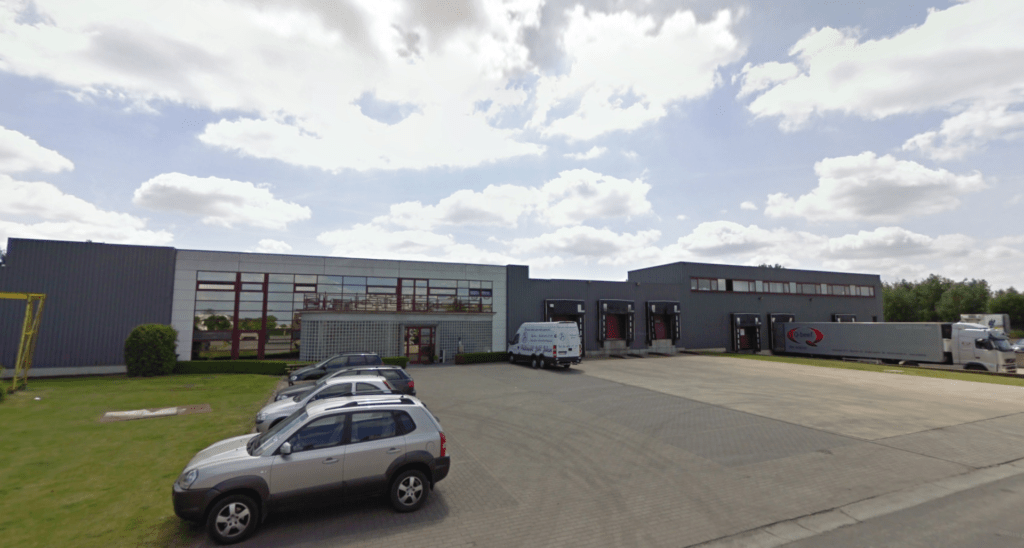Fhhor a second time, East Flanders has begun permit-suspending procedures for poultry facility Empro Europe after persistent complaints about an odour nuisance from local residents.
Within 120 days, the province will make a decision on the full or partial suspension of the facility’s environmental permit, according to the government there.
The reason for the suspension proceedings is the lack of a solution regarding a long-standing problem of a foul stench as a result of the plant’s activities, which nearby residents have described as “unbearable.”
The company attempted to address the issue by installing a 12-metre-high biofilter, but the odour nuisance persisted.
Neighbours have protested several times to the company, which is located in Dendermonde.
Empro Europe was founded in 2015. The Belgian company processes feathers and other chicken waste into flour that’s then used as an ingredient in fish feed and dog food.
The company has posted a number of times on its website regarding the complaints, insisting that there isn’t an odour issue.
“From the water treatment plant there is a barely perceptible odour that is experienced only briefly and with a low intensity,” one such statement from November 2020 reads.
“When the gate to the delivery hall is opened, there is not even a perceptible smell.”
But the company has been shut down for odour complaints before.
In that same statement, they said that a July 2020 suspension of their licences was made against the advice of the regional environmental permit committee.
“The minister demanded additional assurances about the impact on the environment, more specifically of the water purification and the opening of the gates to the supply hall,” the statement read.
“More than two months ago, these additional assurances were given by Empro and accepted by the Enforcement Department. Yet we could not restart our activities, which was and is incomprehensible to us.”
They also defend their activities by pointing to the environmental role their work plays in terms of participating in a circular economy, given that they are turning otherwise disposed-of waste into a new, useful product.
“We strive for optimal raw material valorisation: products that used to be waste are now upgraded to new raw materials. In this way, Empro makes a maximum contribution to the circular economy, which leads to a smaller ecological footprint,” the company says.
This latest suspension procedure follows several other decisions.
“On 16 January 2020, the Provincial Executive ruled that a completely new concept in terms of operational management and purification techniques might have to be opted for, possibly at another location that is less sensitive to odours,” the provincial government said in a statement.
“The company appealed against this decision. On 9 July 2020, Flemish Minister for the Environment Zuhal Demir (N-VA) reversed the deputy's decision and imposed a suspension for a period of at least three months.”
The plant has been back in operation since October 2020, but the odour complaints increased again.
“In a letter of 3 August 2021 from the city of Dendermonde, the deputation was informed about continuing serious odour nuisance for the neighbourhood due to the exploits of Empro Europe,” said Leentje Grillaert, the delegate responsible for environmental permits.
“The deputation was asked to consider a temporary suspension of the permits. In order to obtain clarity on the nuisance aspects, the delegation deems it appropriate to start the procedure to suspend the licences.”
Empro’s most recent statement, posted on their website in March of this year, said they used a team of independent experts on air and odour, recognised by the Flemish government, to objectively assess the odour at their facilities and make recommendations for minimising the nuisance.
But the statement stopped short of sharing the results of that assessment, only promising to optimise any systems put into place “so that as little nuisance as possible is caused.”
An update in April said that “despite all our investments and efforts, we do not rule out the possibility that a calamity, for instance a failure of one of our systems, could cause odour nuisance,” and asked that any odour complaints be brought to them via phone or email.

